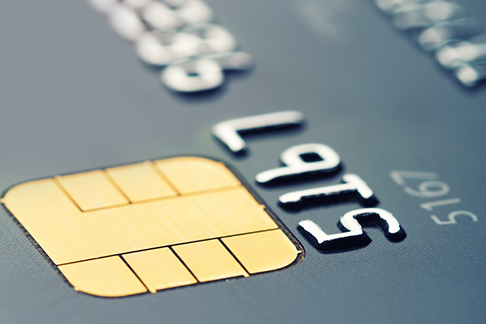Are You Missing Out If You Don’t Have a Credit Card?
By Kevin Sun
These days, it seems like everyone has a credit card. If you’ve never used one before or got into trouble with debt, then you might wonder if you’re missing out by sticking to cash and debit. While there are benefits to having a credit card that make it a useful tool, there are also risks. Weigh the pros and cons to decide if you need one. Here are 2 of each to consider:
Credit Cards Build Your Credit Rating
Building up a credit rating is important for goals such as getting a loan or mortgage. Lenders use your credit report to know how much credit you have and how you use it. They also use your credit score to decide how risky it is to lend money to you. The better your score, the more likely you’ll get lower interest rates.
If you fully pay off your card purchases every month, then your responsible use may improve your credit score. But it’s a double-edged sword. If you make a habit of keeping a balance that gets bigger and bigger, then your score will suffer.

How to Establish or Build Credit in Canada
Credit Cards Have Strong Fraud Security
Both credit and debit cards have protections against fraud, but credit tends to be safer when criminals strike. When you buy with debit, the money is taken immediately from your chequing or savings account. When you buy with credit, the money is borrowed from the lender until you pay your statement.
Spending limits on credit cards make them less risky than using debit. If your card has a $1000 credit limit, then only $1000 can be stolen. If your debit card gets hijacked, then all the money in your accounts are in danger.
If security is your main worry, then credit cards are not the only option. Google, Apple, and Samsung have systems that give similar or even stronger security than credit cards. You can also get virtual wallets in the form of Visa or Mastercard prepaid cards, where your spending limit is however much cash you load them up with.
Using Credit Can Get You Into Deep Debt
As soon as you use a credit card, you’re in debt. You borrow money from the lender to make your purchase and the lender expects that money back. If you don’t return it all by the due date, then you’ll start getting charged interest.
There’s debt that doesn’t hurt your wallet and debt that does. If you pay back your entire credit card balance every month (i.e. not just the minimum payment, but everything), then that debt doesn’t hurt your wallet because you’re not paying extra in interest. You’re essentially borrowing money for free or even making a profit with cashbacks and rewards points.
However, if you don’t pay the balance off, then your wallet will start getting hurt by interest and/or fees. If you don’t pay off at least your minimum payments, then the growing debt will cause financial pain. Lenders are happy to get more money from you, so it’s up to you to stay in control. That’s one of the reasons staying on budget can be easier with a debit card.
Can You Skip a Credit Card Payment?
Having Credit Can Tempt You Into Overspending
Many people get tempted into overspending with available credit because it feels like free money. Even if they know it isn’t, they use it as a way to get something they can’t afford right now—they’ll just afford it later. But what if later comes and they still can’t? What if an emergency happens and the money they thought they’d have never comes?
The best way to protect yourself against overspending is to make a budget and track your expenses. If you know exactly how much money you have to spend and take steps to stick to that amount, then whether you’re paying with credit, debit, or cash shouldn’t make a difference. Without a budget and expense tracking, you might not realize you’re spending too much until the damage has already been done. Credit cards make it that much easier to fall into this trap.
12 Tips to Use a Credit Card but Not End up in Debt
So Should You Get a Credit Card?
Whether you should get a credit card or not comes down to how much you trust yourself. If you know that you’ll always pay the balance on time and stick to your budget, then credit cards are a useful tool. If you’re not sure, then try out a low-limit card first and move on when you’re comfortable. If you’re having problems with debt or on a consolidation plan like a debt management plan, then you shouldn’t use credit cards at all.
Don’t Miss Out on Credit and Debt Help If You Need It
Getting a credit card is an important life decision and one that you want to do right. We hope that these points have helped you understand the benefits and risks of having one. If you still have questions and want personalized advice about building or rebuilding your credit, managing your money, or working on debt, then contact an accredited, non-profit credit counselling organization in your area. A professional credit counsellor can guide you through your unique situation without judgement. They will give you the information and guidance you need to make the best choices for reaching your financial goals – no strings attached!



Debit card without credit card
I try to find a bank with a debit card only, not a debit card connected to a credit card
You Can Get One at Your Local Bank or Credit Union
In Canada all banks and credit unions with branches that you can visit offer regular debit cards that are not linked to a credit card. You must have a bank account with a bank or credit union to obtain a debit card, but once you have one, you can just spend the money in your bank account without using credit.